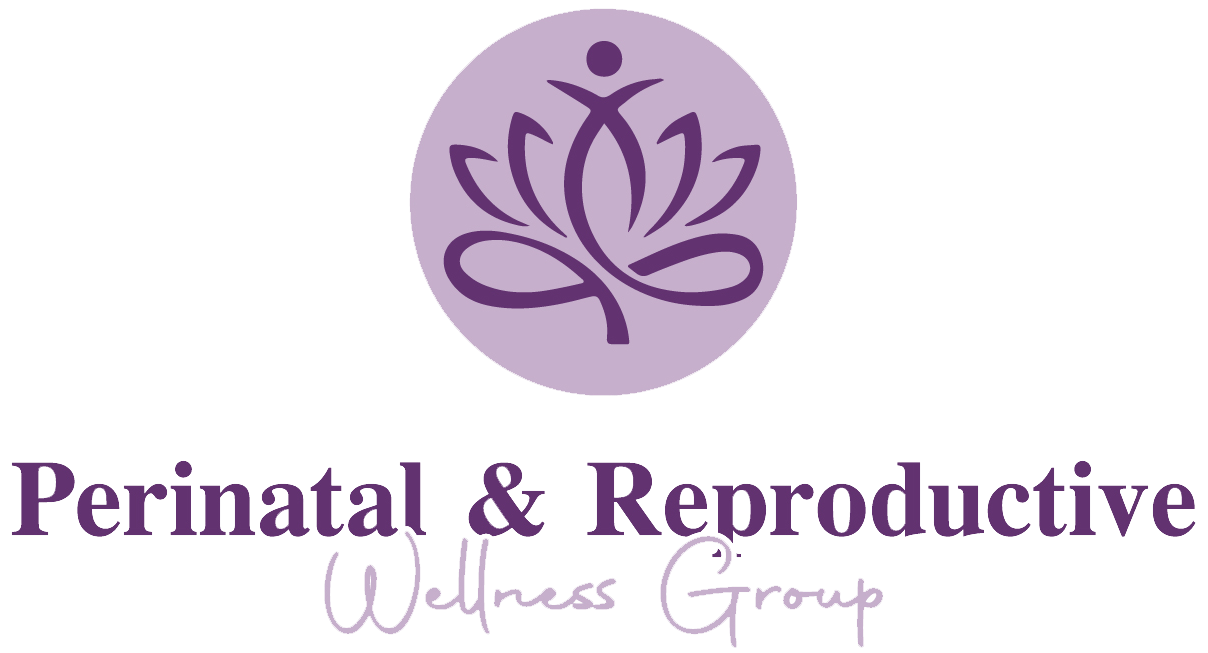Postpartum Support: Beyond My Office Doors
For a clinician, the hours in the day can seem preciously short. For a clinician working in a chronically underserved field such as perinatal mental health, the limited number of hours in the day feel like a constant challenge, forcing me to confront the question: “How can I be of service to as many people as possible?”
I answer that question in different ways. Today, I’m excited to announce the publication of
Healthily and Holistically Transition to Working Motherhood: A Gentle, Practical Guide to Returning to Work After Having a Baby, a workbook I published with the hope of broadening my impact beyond my office doors.
The workbook is inspired by a desire to make visible the transition back to work after childbirth.
Overshadowed by the seismic shift of welcoming a new baby, the return to work can come as an afterthought – for the new mama and for the people in her orbit.
Society expects mothers to “just” go back to work, providing no space for them to work through what that means in today’s fast-paced, have-it-all world. My workbook offers reflections, exercises and activities to help support new mothers gently transition and tend to their wellness, so the return is not so bumpy.
In addition to offering my own resource, I also want to let my readers know about another resource for new parents, specifically couples:an on-demand webinar developed by the Gottman Institute, a research-based approach to relationships. Both cost- and time-effective, this webinar can be a great point of entry for parents who don’t have access to counseling services, whether because of cost, access, time – or any other of the many reasons (let’s not pretend it’s easy to “just” get ourselves onto therapist’s couch the minute the thought crosses our mind).
As a level-3 trained Gottman practitioner, I’ve seen first-hand the benefits the Gottman method has for couples: couples who come into my practice and engage in the Gottman method see their relationships renewed and healed. It’s particularly gratifying for me to see the Gottman’s invest in tailoring their relationship to new parents – for example, how to communicate emotionally while both partners are sleep deprived. Their choice to create this feels like well-deserved recognition that new parents are a group much in need of supportive, compassionate space.
Throughout 2024, I’ll continue to share ways that I’m answering the question, “How can I support the perinatal community as deeply as I can?”
For February, I hope you’ll consider looking into my workbook and the Gottman webinar, and let me know what you think!
